|
The United Nations (UN) could run out of money soon if member states don’t meet their commitments to fund the organisation’s budget. This isn’t new. The challenge of adequate funding can be traced back to the UN’s early years. Gary Wilson explains that, because the majority of the UN’s peacekeeping missions are in Africa, the continent is likely to suffer the most should the UN’s financial challenges continue unabated.
In parts of South Africa taps are running dry, the days are getting hotter and the onset of the summer rains is delayed. Although it’s easy for politicians to blame water shortages on the weather, Mike Muller argues the real crisis is the level of ignorance about how water is made available and what needs to be done to ensure supply.
|
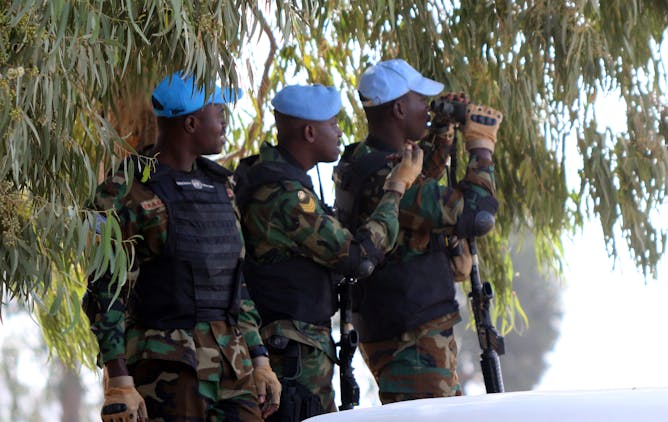
The United Nations spends more on its peacekeeping missions than on anything else.
Youssef Badawi/EPA-EFE
Gary Wilson, Liverpool John Moores University
The world body spends more than US$6 billion a year on peacekeeping operations, most of which are in Africa
|
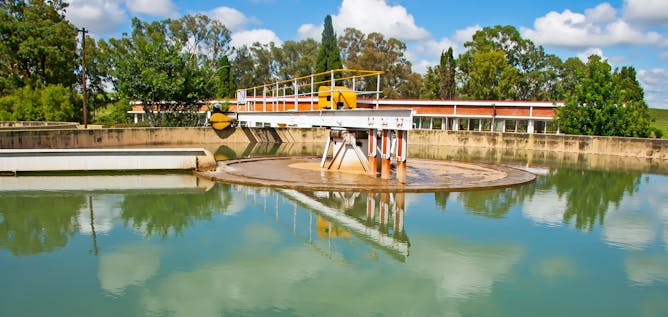
cropped water.
Mike Muller, University of the Witwatersrand
The real crisis with water supply is that South Africa doesn't know what it doesn't know.
|
Politics + Society
|

Dan Jerker B. Svantesson, Bond University
The order requires Facebook, Twitter and Google to remove certain content globally, based on it being defamatory under India's local law.
| |
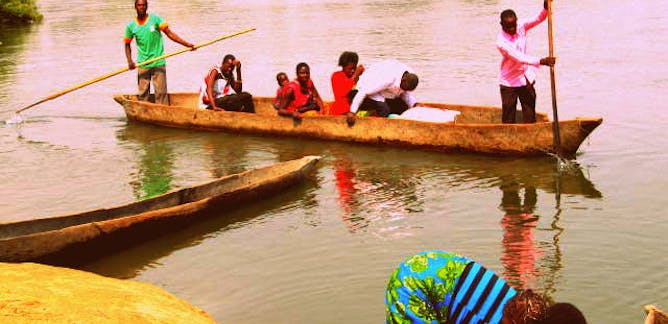
Happy Kayuni, University of Malawi; Dan Banik, University of Oslo; Joseph Chunga, University of Cape Town
Malawi must change its diplomatic approach and align its national interests with Mozambique's
|
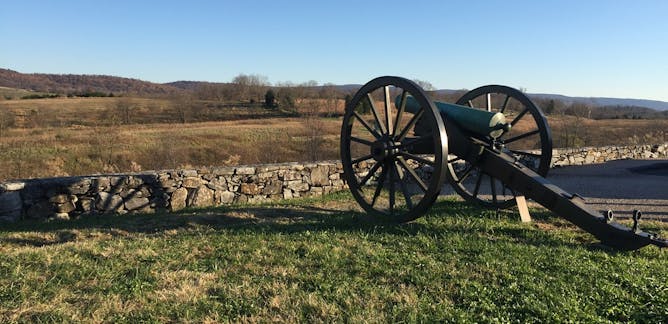
Todd Lookingbill, University of Richmond; Peter Smallwood, University of Richmond
Protected from development, natural landscapes worldwide are emerging from the violence of war.
| |
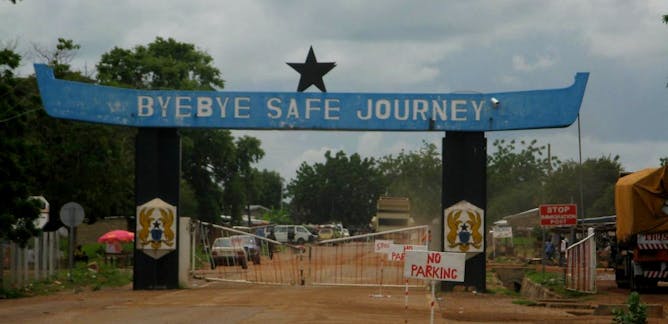
Abdul-Jalilu Ateku, University of Nottingham
A community driven approach to border patrol could be more useful than providing arms for border guards
|
|
|
Science + Technology
|
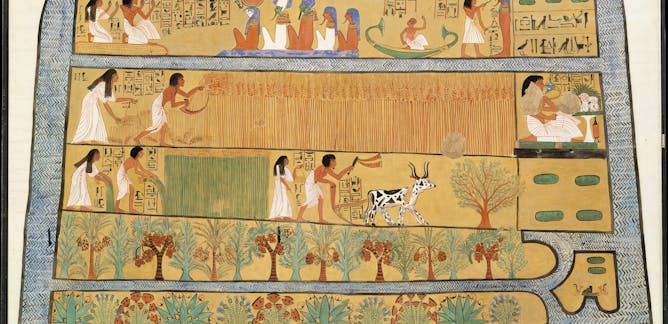
Michael Scott, UCL
What ancient crop genomes can tell us about our history.
| |

Michael Oluwatosin Bodunrin, University of the Witwatersrand
Low-cost titanium alloys in South Africa could be used in non-aerospace sectors, such as car parts, medical devices, implants, jewellery and kitchen appliances.
|
|
|